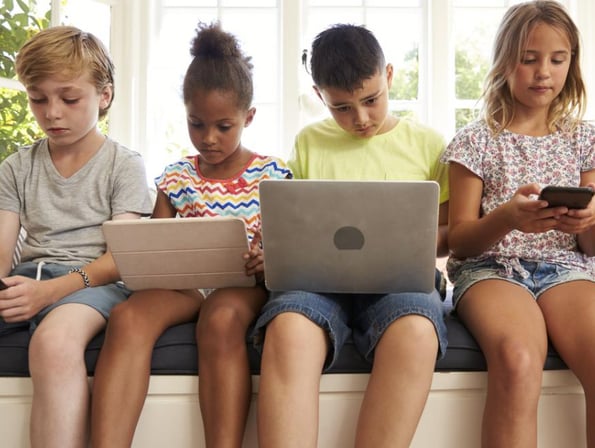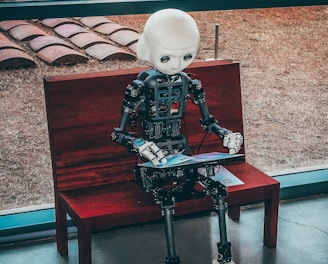Screen time
As a former teacher, I had the chance to experience the barriers that teachers and children face on a daily basis when trying to meet the National Curriculum expectations.
The heart of these barriers lies in the fact that we are faced with a generation of children immersed in a world governed by screens.
I am talking about the “Generation Alpha”, which refers to individuals born from approximately 2010 to the mid-2020s. They are the first generation to have never known a world without smartphones and social media.
Some neuroscientists and psychologists point out that this will have many positive consequences, but also some negative ones that do not necessarily affect everyone equally:
Reduced attention span and concentration.
Less time for socialising.
Less development of creativity and imagination.
Reduced ability to achieve happiness.


COVID-19
It’s crucial to acknowledge that the "Gen Alpha" became what is also called “Generation COVID”. It's important to recognize that the impact of the COVID-19 pandemic has been complex and multifaceted, and its effects will likely continue to shape societies and individuals for years to come. While it did have widespread effects on mental health, for Generation Alpha the effects are much more permanent and harder to address. The timing of the pandemic corresponded with some of the most important years for a child’s social and emotional development. Kids at this young age need to be physically around others to build social skills and foster emotional development.
I am firmly convinced that every teacher would agree with the fact that as a result of the pandemic, there is a 1–3-year delay in children’s mental and social development, which poses a huge challenge for everyone who works with young kids.


Artificial Intelligence
Another important aspect to consider is how to prepare students for the future workforce. As AI and automation continue to replace certain jobs, it will be important to focus on teaching skills that cannot be easily replicated by machines, such as emotional intelligence, problem-solving, and creativity. This will ensure that students are prepared for the jobs of the future, and are able to adapt to the changing job market.
As per DfE statutory guidance, “It is important for schools to promote pupils’ self-control and ability to self-regulate, and strategies for doing so.”.
Research shows that this is a goal that can be accomplished only with daily, regular practice of skills and tools mindfulness can offer. Striking a balance between technological advancements and the human inner experience is crucial for a holistic approach to well-being.


Contacts
info@theraisinslady.com
+447473985930
